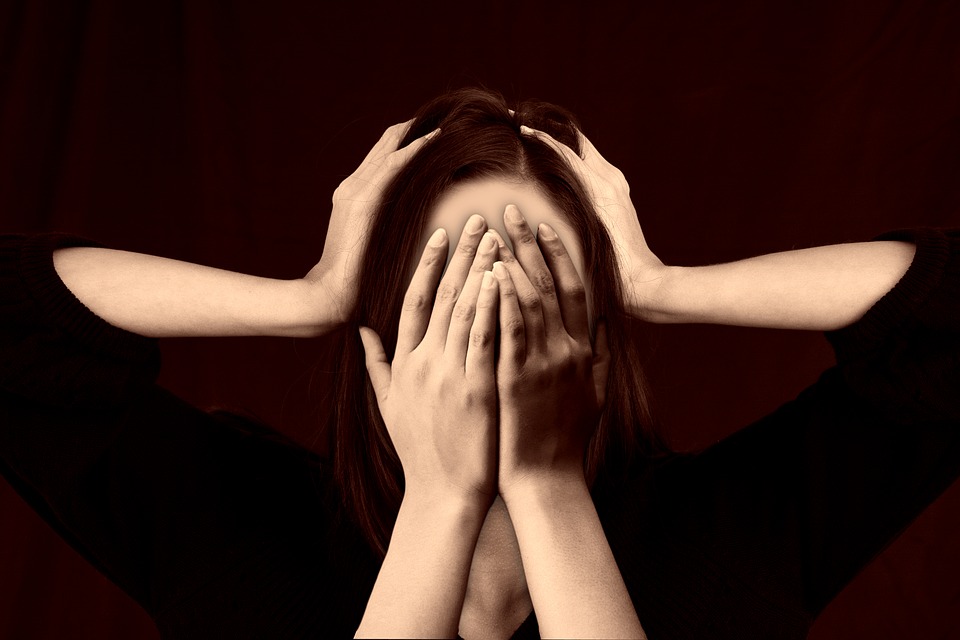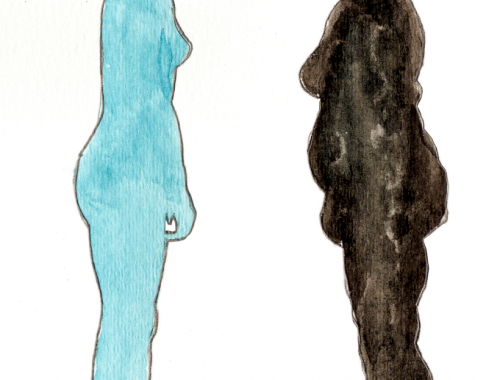
5 Signs You Should Consult A Psychologist
If someone suggests you see a psychologist, how would you react? Would you feel offended, or would you think that person is right? Unfortunately, mental health problems are still not considered as severe issues in many parts of the world. Consequently, many people hesitate to consult a psychologist when they need counseling.
Why Go To a Psychologist?
Perhaps you are thinking, why go to a psychologist if you can share your problem with someone close to you? Of course, there is nothing wrong with involving dear ones. However, psychologists can sometimes be quicker and more effective in helping, especially when it concerns mental health problems.
They have the training and experience to listen to their clients genuinely. Thanks to their varied skills and extensive education, they can get to the source of the problem from your records. They also know the best way to solve problems.
In addition, a psychologist is a neutral person. That is, they will not be biased and have no desire to take actions that are not consistent with someone’s values as opposed to a relative or a partner.Unfortunately, a kin is sometimes more likely to offer you inappropriate advice than a psychologist. The reason for this is that the person closest to you usually already has an idea or expectation about your ideal self, even if it’s not entirely accurate.
There’s a popular misconception that only “crazy people” are supposed to consult a psychologist. The truth is that anyone can and should seek psychological help if needed to maintain their mental health. You don’t need to be diagnosed with depression or a mental disorder to be referred to one. Instead, think of it as a medical check-up or a vaccine that provides immunity against illness. Keep in mind that mental health matters just as much as physical health.
If you encounter any of the symptoms outlined below, reach out to a trusted psychologist immediately for help.
1) Your Issue is Extremely Troublesome
Observe the intensity of your reaction to the problem. For instance, you might be experiencing difficulty concentrating at work, at school, or raising your child. It s also possible that you cry or feel frustrated often.
Other symptoms include unreasonable anxiety, hopelessness, loss of appetite, insomnia, or even the urge to overeat all the time, headaches and stomach aches for no obvious reason, and distancing yourself from other people. This is particularly alarming if the flare-up lasts for longer than two weeks.

2) Family or Friends Are Fed Up of Your Complaints
In the beginning, you may find people close to you trying to understand and help with your issues. However, after some time, if they start drifting away or refrain from discussing the situation, this could mean that if they are overwhelmed and may not handle your various concerns. This is justified since not everyone comes with the appropriate knowledge to tackle mental health problems.
3) You Are in the Midst of a Traumatic Event or Have Recently Experienced One
Mental disorders are usually triggered by a recent traumatic event, such as losing a loved one, job loss, divorce, natural calamities, or being diagnosed with a specific disease. However, it may also involve an event that took place several years ago, but the trauma resurfaced. This may include cases of domestic violence, sexual abuse, or child abuse.

4) You Attempted Multiple Solutions to Address the Problem but Failed
You may have tried more than one way to fix the problem. Perhaps you tried going on holidays, attend religious services or converse with loved ones. Sadly, none of these approaches worked for you.
If your situation is similar, you probably need another coping mechanism. The best advice is to consult a psychologist. Always bear in mind that visiting a psychologist does not imply you are weak or crazy. It simply indicates that you are willing and capable of taking care of yourself.
5) Pursuing An Unhealthy Escape
Are you hooked on cigarettes, drugs, alcohol, pornography, or gambling? Or maybe you can’t cope with the never-ending shopping routine? Yes, opium can be a way to get away from your troubles for a while. However, before the situation gets worse, look for a good psychological counseling service!
Share your thoughts with us in the comments below!
You May Also Like

How To Deal With Anxiety in Children
2022-12-03
The Psychology of Body Dysmorphic Disorder
2022-03-10